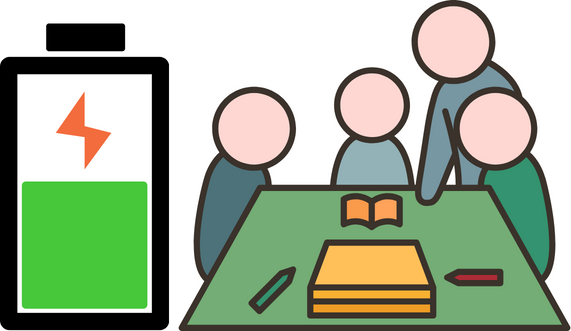Book Review - Think again, The Power of Knowing What You Don't Know - (Part III)
As information consumers, we have a role to play in embracing a more nuanced point of view. When we read books, listen to music, or watch videos, we learn to recognize complexity as a signal of credibility. We can favor content and sources that present many sides of an issue rather than just one or two. Psychologists find that people will ignore or even deny the existence of a problem if they're not fond of the solution.
If you want to get better at conveying complexity, it's worth closely examining how scientists communicate. One key step is to include caveats. In this way, it indeed captures readers' interest and keeps their minds open. Conveying complexity by highlighting contingencies is also an option. According to a study, people get trapped in emotional simplicity, with one or two dominant feelings. Productive conversations cover a much more varied spectrum of emotions. In a productive conversation, people treat their feelings as a rough draft. Like art, emotions are works in progress. It rarely serves us well to frame our first sketch. As we gain perspective, we revise what we feel. Sometimes we even start over from scratch.
Charged conversations cry out for nuance. The complexity of reality can seem like an inconvenient truth. In scientist mode, it can be an invigorating truth - it means there are new opportunities for understanding and progress. In the scientific world, knowledge from books might be wrong. Established knowledge from books comes from experiments and historical data. However, results might be limited by techniques, frames, and traditional theories. Scientists often review the knowledge we know from the latest studies as time goes on. Everyone can be a teacher unconsciously while in a conversation. Because you are sharing your experience with others when interacting with others. It's also important while building cultures of learning at work. We are human beings, we all learn from mistakes. We won't remember what we learned until we get injured. Here are questions from ex-NASA employees. Let's see how they build cultures of learning:
- What leads you to that assumption? Why do you think it is correct?
- What might happen if it's wrong?
- What are the uncertainties in your analysis?
- I understand the advantages of your recommendation. what are the disadvantages?
Questioning a well-established system or knowledge takes courage. Especially, if it comes from an authority. Challenging authority might be laid off and discrimination. It won't happen. On the opposite, You are the one who notices the nuance and raises it out. Don't be a passive learner, enjoy the fun of active learning. Build knowledge on your own.
